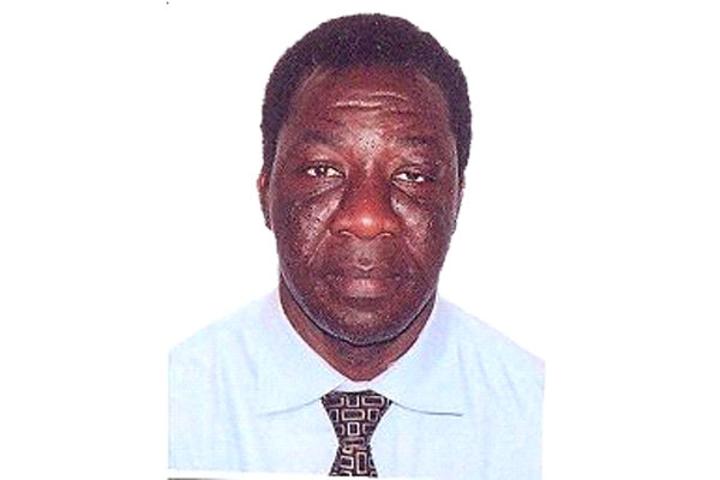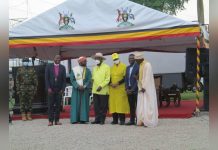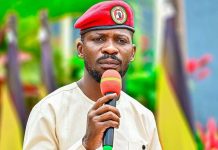Africa-Press – Uganda. A national language may function as a vehicle for national unity but only as a dessert
In 2005, I wrote an article in the Daily Monitor about the turbulent post-independence political history of Uganda, in which I attributed the turbulence to two factors; lack of a national language and having gotten independence on a silver platter. In that article, I explained how these two factors shaped our post-independence era, all the while comparing the pre to post independence data sheets on governance – one for Uganda and the other for Kenya and Tanzania.
The argument I put across then was that unlike Uganda, the two countries had remained relatively stable politically because of the universal use of Swahili language that transcends ethnic and cultural horizons. I also postulated that the violent independence struggle – the Mau Mau rebellion that Kenya fought had galvanised national unity amongst all Kenyans that it was responsible for the county’s stability. Uganda had none of this, hence the lack of solidarity.
I was satisfied with my opinion, but not until 2007 when Kenya went up in flames over election disputes that took on serious ethnic overtones did I see my amateurism and myopia crystalising out conspicuously. I should have written a rejoinder then retracting my ‘considered’ opinion but I instead bashfully chose to go into self-reflection and retrospectively learn history. I have been, however again prompted to write on this subject as a rejoinder to an article by Prof. Venansius Baryamureeba titled: ‘We need national language to unite and build our nation’, that appeared on both the Daily Monitor and New Vision. In that article Prof Baryamureeba put across a number of view-points; – that a national language is an instrument of national identity, eases communication across the nation, improves security surveillance, minimises sectarian tendencies, eases service delivery, facilitates trade and enhances socio-economic development.
Let us have a critical examination of this subject. A national language is mainly symbolic of a country, usually for historical, cultural, regional and or ethnic perspectives. In these milieus, a national language may serve as a vehicle for the realisation of amongst all other objectives, forging national unity in a multi-cultural, multi-ethnic society, but not as an end in itself. History has demonstrated that it is practically untenable for us to bury our inborn cultural or ethnic differences beneath an artificial, superficial scheme of national language in a society where administration of social justice is construed as political extravagance by the rulers.
Social justice, a concept of fair and just relations between the individual and society, measured by the explicit and tacit terms for the distribution of wealth, opportunities and social privileges across the board forms the bedrock for cultivation of national unity, not just national language.
In Nigeria, none of the three major local languages was adapted as a national language for fear of marginalisation and domination. Instead, English, a foreign language was chosen but still to date, ethnic and religious tensions remain endemic and high pitched.
In Kenya, Swahili language, perhaps as old as the society itself, is universally spoken even without adoption as a national language, but even this strong lifelong relationship could not prevent Kenya going into flames along ethnic divides over election disputes. It was as if the different ethnic groups were in the waiting for each other’s throat. How do we ostensibly explain such a plot? The Russian language is understood and spoken by 99 per cent of all Russians of different ethnicity. What is the national unity index of Russia? Is the universality of Russian language reflected in that, and indeed other national indices?
A national language may function as a vehicle for national unity but only as a dessert, which is but a part of the main meal – social justice in atmosphere of freedom of exercise on civil liberties.






